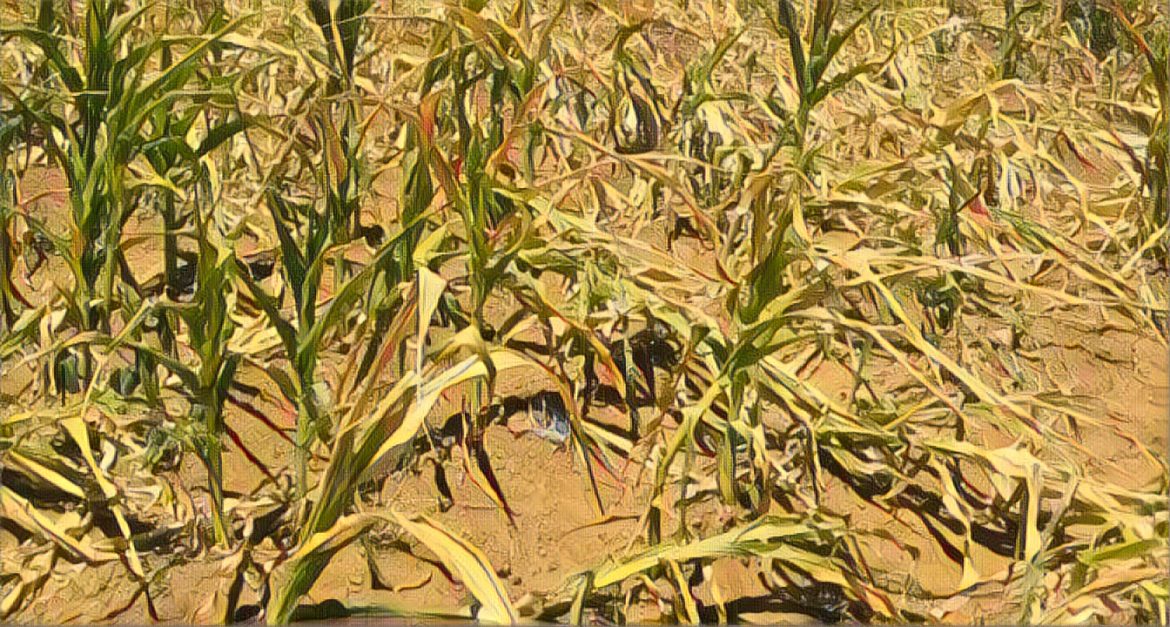Zimbabwean farmers are taking advantage of a two-week dry spell to boost their crop production and prepare for a bumper harvest.
The Meteorological Services Department has forecast a prolonged period of low rainfall across the country from 19 January to 2 February, after weeks of heavy downpours that hampered farming activities.
Many farmers view the dry spell as a blessing, as it allows them to apply fertilizers, pesticides, and herbicides, as well as complete planting of late-season crops such as traditional grains and sunflowers.
Agricultural sector on the rise
The government expects Zimbabwe’s agricultural sector, which employs about 60% of the population and contributes about 15% to the gross domestic product, to grow by 9.7% in 2023.
This is a remarkable turnaround from the 14.1% decline in 2022 when the country faced a severe drought that left millions of people in need of food aid.
The good rains that have boosted the production of key crops such as maize, wheat, and tobacco are largely responsible for the improved performance of the sector.
Official estimates predict that maize production will increase from 907,000 tonnes in 2022 to 2.3 million tonnes in 2023. Wheat production is projected to increase from 200,000 tonnes to 375,000 tonnes, while tobacco output is expected to surpass the target of 275 million kilograms.
The government has also announced plans to resume grain exports, starting with 40,000 tonnes of maize to East Africa, as well as to export the country’s first 30 tonnes of industrial hemp, which was legalized in 2022.
Farmers urged to follow best practices
The government and farmers’ unions have urged farmers to follow best practices and seek guidance from local extension officers to maximize their yields and quality.
The Ministry of Lands, Agriculture, Fisheries, Water and Rural Development has advised farmers to scout for pests and diseases, weed effectively, and use appropriate doses of chemicals.
The ministry has also encouraged farmers to take advantage of the government’s input support programs, which aim to distribute seeds, fertilizers, and fuel to 3.5 million beneficiaries.
The Zimbabwe Commercial Farmers Union (ZCFU) president, Dr. Shadreck Makombe, said the rain break was necessary for the crops to benefit from the sun and heat, which are critical for growth.
He expressed optimism that the rains would resume after the two-week break, as prolonged dryness could cause heat stress and wilting.
The Zimbabwe Farmers Union (ZFU) secretary-general, Mr. Paul Zakariya, said the rain break was an opportunity for farmers to do crop management and ensure food security.
He also warned of the possible effects of the El Niño phenomenon, which could bring below-average rainfall and above-average temperatures in the coming months.
He urged farmers to diversify their crops and adopt climate-smart agriculture techniques to cope with the changing weather patterns.
Despite the challenges posed by climate change, Zimbabwean farmers are hopeful that the 2023 farming season will be a success and a catalyst for economic recovery.
They are also confident that their efforts will contribute to the national vision of transforming Zimbabwe into an upper-middle-income country by 2030.
Source: The Herald


